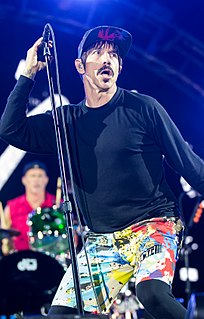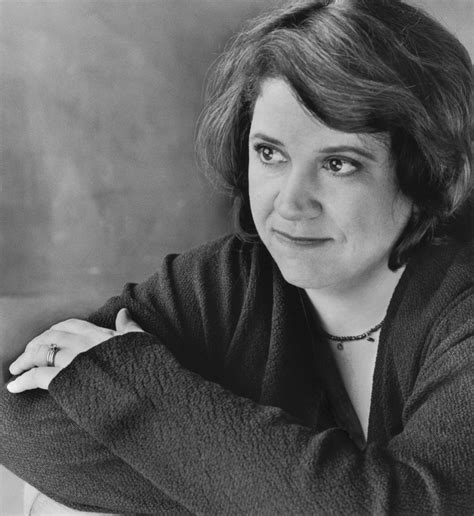A Quote by Anthony Kiedis
When you start putting pen to paper, you see a side of your personal truth that doesn't otherwise reveal itself in conversation or thought.
Related Quotes
First, consider the pen you write with. It should be a fast-writing pen because your thoughts are always much faster than your hand. You don't want to slow up your hand even more with a slow pen. A ballpoint, a pencil, a felt tip, for sure, are slow. Go to a stationery store and see what feels good to you. Try out different kinds. Don't get too fancy and expensive. I mostly use a cheap Sheaffer fountain pen, about $1.95.... You want to be able to feel the connection and texture of the pen on paper.
When I'm writing, it's about the page. It's not about the movie. It's not about cinema. It's about the literature of me putting my pen to paper and writing a good page and making it work completely as a document unto itself. That's my first artistic contribution. If I do my job right, by the end of the script, I should be having the thought, 'You know, if I were to just publish this now and not make it . . . I'm done.
The various languages placed side by side show that with words it is never a question of truth, never a question of adequate expression; otherwise, there would not be so many languages. The 'thing in itself' (which is precisely what the pure truth, apart from any of its consequences, would be) is likewise something quite incomprehensible to the creator of language and something not in the least worth striving for.
I cannot find any patience for those people who believe that you start writing when you sit down at your desk and pick up your pen and finish writing when you put down your pen again; a writer is always writing, seeing everything through a thin mist of words, fitting swift little descriptions to everything he sees, always noticing. Just as I believe that a painter cannot sit down to his morning coffee without noticing what color it is, so a writer cannot see an odd little gesture without putting a verbal description to it, and ought never to let a moment go by undescribed.
I've always known that the best part of writing occurs before you've picked up a pen. When a story exists only in your mind, its potential is infinite; it's only when you start pinning words to paper that it becomes less than perfect. You have to make your choices, set your limits. Start whittling away at the cosmos, and don't stop until you've narrowed it down to a single, ordinary speck of dirt. And in the end, what you've made is not nearly as glorious as what you've thrown away.




































